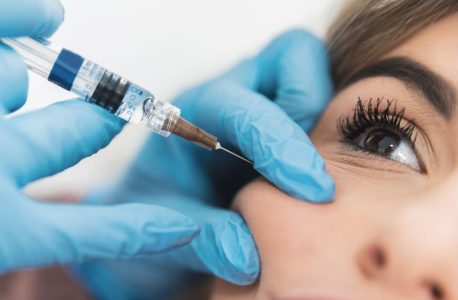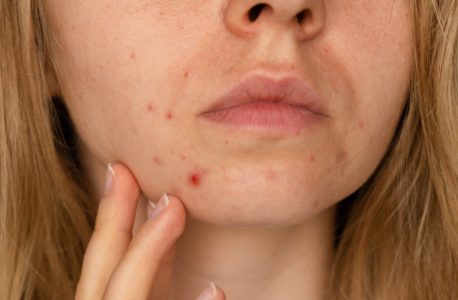What is vitamin D?
Vitamin D is commonly known as the sun’s vitamin. However, it is actually a fat-soluble hormone whose functions are not just about maintaining bone health. According to recent studies, the deficit of this compound seems to be associated with a higher risk of contracting opportunistic infections, of developing cardiovascular, oncological and autoimmune diseases, and the analytical values must be above 30 mmol/L.
In Portugal, according to a study carried out by the Instituto de Ciências Biomédicas Abel Salazar (ICBAS), 78% of the population has insufficient levels of vitamin D, which means that the majority of the Portuguese population may have a compromised immune system.
It has already been proven that there are vitamin D receptors in essential cells of the immune system, such as T cells, β cells and monocytes. Therefore, in recent years, a hypothesis has been raised: can maintaining vitamin D levels influence the onset of autoimmune diseases and reduce their symptoms when installed?
Studies were carried out in which it was possible to associate a beneficial effect of vitamin D supplementation on immune function, including the onset and symptomatology of autoimmune diseases.
Autoimmune diseases are characterized by a failure in the correct functioning of the immune system, causing it to react by producing immune cells that attack certain cells in the body as if they were “foreign bodies”. The cause for the development of these pathologies is a combination of genetic factors, lifestyle and environmental factors, including the availability of vitamin D.
Recent studies point to vitamin D deficiency as one of the potential risk factors for a more accelerated manifestation of lupus, type I diabetes mellitus, multiple sclerosis, rheumatoid arthritis and irritable bowel syndrome. Therefore, ensuring a correct value of this micronutrient is essential. This can be achieved with adequate sun exposure, but also through food or supplementation (eg in cases of severe deficits or inability to be outdoors during the day).
In addition to the time of exposure to the sun, there are other risk factors for the development of vitamin D deficiency to be taken into account, such as: excess weight, darker skin (greater melanin production, greater absorption of UV radiation, impairing the production of the vitamin in question), advanced age (elderly people tend to spend more time in closed spaces, due to mobility difficulties) and taking certain types of medication (eg, corticosteroids).
Therefore, people included in the cases mentioned above, in addition to longer exposure to the sun (taking advantage of the morning and late afternoon periods), should pay attention to the consumption of foods with vitamin D. Although the amount of this micronutrient is reduced in food, their consumption can have a positive impact. Foods such as: offal (eg liver), fatty fish, eggs, mushrooms, fortified cereals and nutritional yeast.
In short, optimal values of vitamin D have an unquestionable impact on health in general, low values of this vitamin compromise the correct functioning of the immune system, deregulating it, impacting T cells, β, monocytes and vitamin D-dependent enzymes. Further studies are being carried out to evaluate the extent of the impact on the appearance and symptomatology of certain autoimmune pathologies as the positive effect of this micronutrient seems to be undeniable.
Therefore, individuals at greater risk of developing this deficit, as well as people with this type of pathology, should pay special attention to vitamin D values. Ensuring good sun exposure as well as a healthy dietary pattern that contains the food and nutrients mentioned above. Whenever this is not possible for whatever reason, supplementation of this micronutrient is recommended at least during the winter months.
Dra. Carolina Alves






